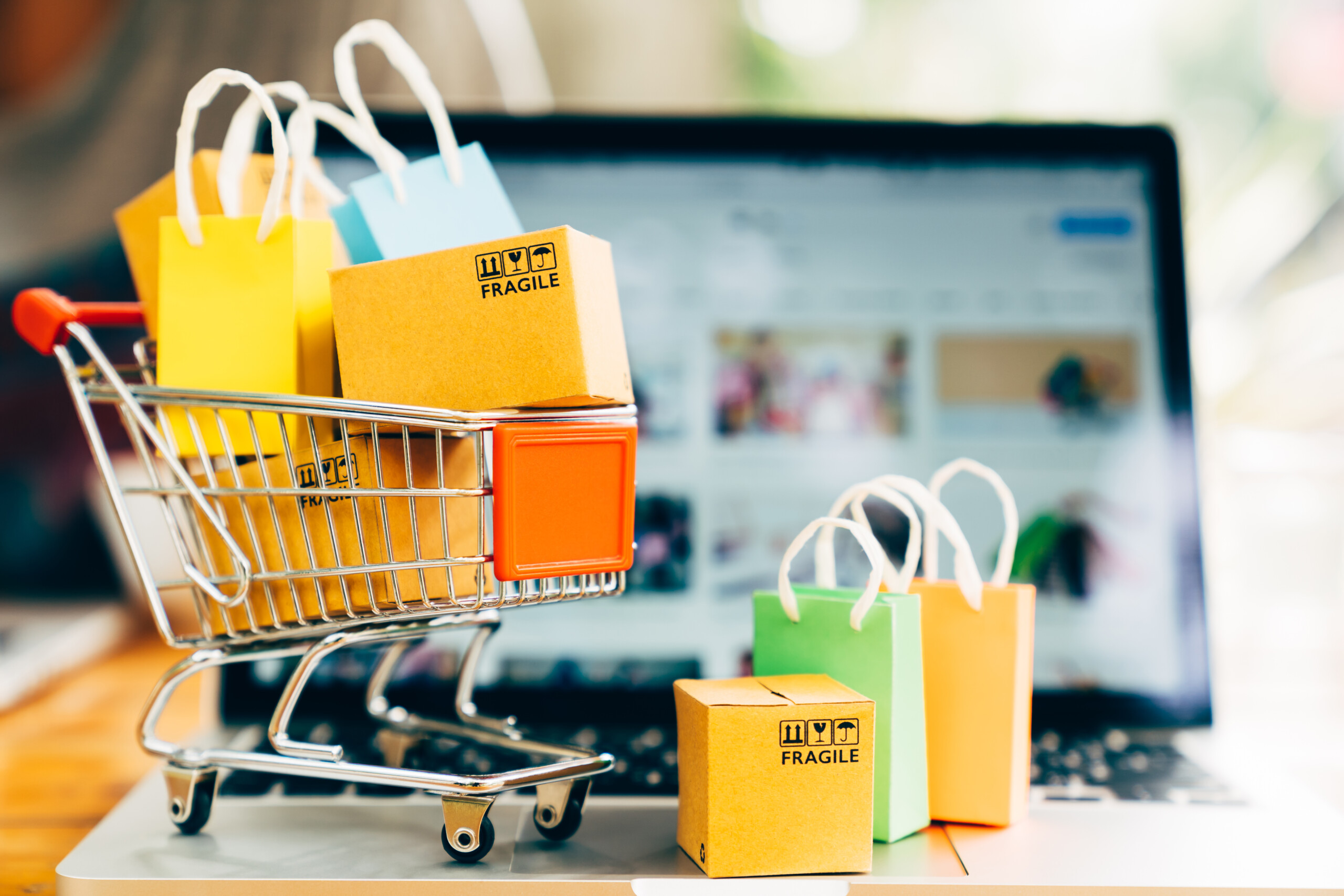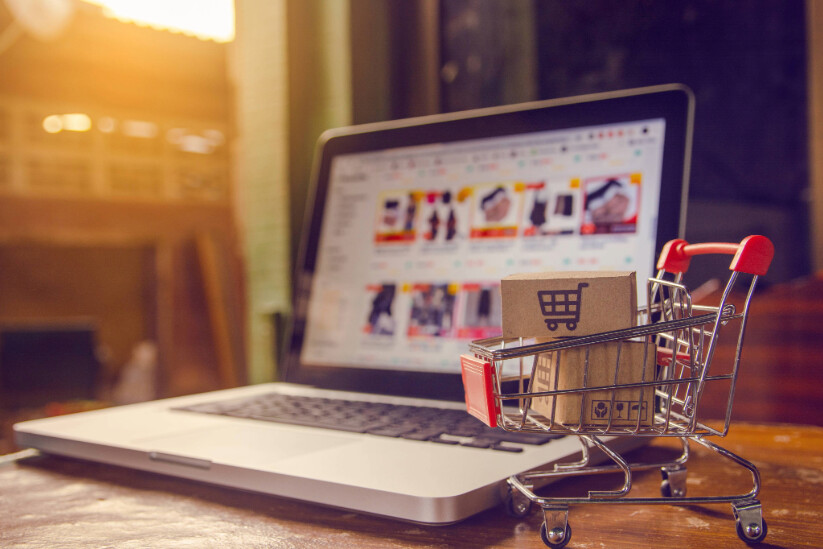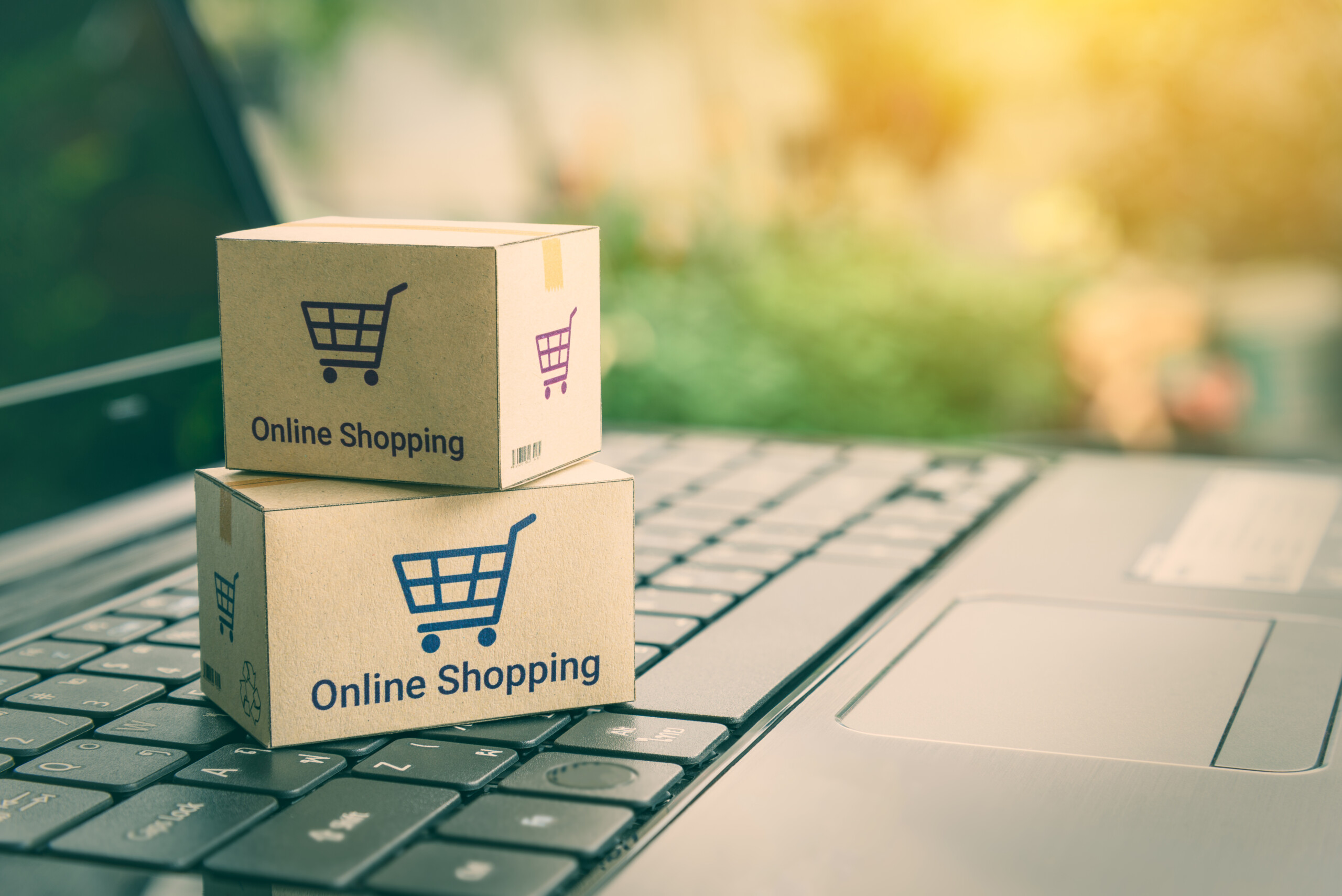Expert interview: Well-sourced is half the battle – Here’s how to prepare yourself in a crisis!

In many regions, the world came to a standstill: In Germany, only system-relevant businesses such as supermarkets or gas stations were open, Italy even froze all non-essential production, and Spain also closed such businesses that are not considered essential.
E-commerce benefited in some sectors from increased demand and lockdowns – but also experienced losses in other areas just like brick-and-mortar retail. However, many online retailers faced a completely different problem: When productions come to a standstill, they will run out of goods in the long term. And this can mean for Amazon sellers the loss of Buy Box, the hard-earned ranking, or even account suspension.
But how do you, as an Amazon seller, avoid supply shortages, what does it mean to be dependent on a single supplier, and what advantages do supply sources within the EU have? We spoke about crisis-proof sourcing with experts Martina Schimmel and Carsten Brandt.
But how do you, as an Amazon seller, avoid supply shortages, what does it mean to be dependent on a single supplier, and what advantages do supply sources within the EU have? We spoke about crisis-proof sourcing with experts Martina Schimmel and Carsten Brandt.
The experts
This blog post was first published in spring 2020.
The interview
SELLERLOGIC: Hello Ms. Schimmel, hello Mr. Brandt! What you would certainly have told everyone even before the Corona pandemic is something that many retailers are now painfully experiencing: In the event of a collapse of the value chain, it is extremely disadvantageous to be dependent on a single sourcing source. What are other disadvantages that such dependence can bring?
Martina Schimmel: “In principle, it is always disadvantageous to rely on a single sourcing source – unless, of course, you are only selling a single product, in which case it usually cannot be avoided. But I will assume the normal case in which a retailer sells multiple products, often even from different segments. Then it is not sensible to source everything from a single supplier – whether in China, Europe, or elsewhere. And there are various reasons for this: First, a manufacturer that is good at developing and producing kitchen accessories is not necessarily the expert for porcelain. Especially in China, these are very different skills, which are usually produced in different factories. Second, the supplier also realizes after a while that they are the only supplier for this retailer – and they leverage this power in terms of prices and quality.”
Carsten Brandt: “Exactly. If I rely on just one supplier as a company, I unwittingly put myself in a massive dependency. This not only affects potential supply shortages, which can occur unpredictably in the current situation and then have devastating consequences. Even in normal times, relying on just one sourcing source unnecessarily makes me dependent on delivery times and capacities, but also in terms of quality and price. On the other hand, there is often a long-standing and close customer-supplier relationship, which is also important for business success. Therefore, this can and should be built with more than one provider.”
SELLERLOGIC: Suppose I am currently dependent on a single sourcing source, for example from China or Italy, and I realize that I will soon run out of stock – what can I do about it?
Brandt: “It doesn’t matter which sourcing source you are currently dependent on. No one can say in the current situation whether the long-time supplier with whom you have built a good business relationship can still deliver tomorrow. Therefore, it is important to evaluate your sourcing relationships and develop a plan B, in which you look for additional or alternative suppliers. B2B platforms like Europages or Wer liefert was can help find the right provider.”
“No one can say in the current situation whether the long-time supplier can still deliver tomorrow.”
Wer liefert was has also just launched a new service called wlw Connect, which significantly simplifies sourcing. The seeker submits a request with the key details and can sit back. We then search for the suitable providers who currently have the capabilities, but also really the capacities, to handle this request and return this list of companies to the seeker. From this longlist, the requester then selects the two or three companies that they find suitable, contacts them, and can directly enter into negotiations for offers.
SELLERLOGIC: Private label sellers are currently facing particularly tough challenges. Are there specific approaches for this segment to minimize economic damage as much as possible?
Schimmel: “I think it’s important to first distinguish between genuine private label sellers and products and pseudo-private labels. The former sell a product that has been specifically developed, designed, and produced for them. The latter sell a standard product in its standard version and have the manufacturer place their logo on it so that they have their own listing on Amazon.”
The former indeed have a hard time if their product cannot currently be delivered by the supplier. Because finding an alternative source and developing a follow-up product is time-consuming – and by then, the normal supplier will most likely be able to deliver again.
Pseudo-private label sellers have it significantly easier in this situation, as the standard product they buy, for example, in China is usually also available from a European importer. Then, they only need to consider whether and how they can place their own logo. In many cases, it is not even necessary to print this on the products themselves; the seller only needs to relabel the EAN codes – of course, with the consent of the new supplier.
SELLERLOGIC: What actions should online retailers take in the long term if they want to reduce their dependence on China?
Brandt: “Here too, it is important to generally avoid dependencies. Whether these exist with China or with a supplier from another part of the world. It is advisable not to rely on just one supplier, but to build a trusting business relationship with several sourcing sources. Especially in times like these, a close business relationship is particularly important. With business partners with whom you have worked for a long time and are often in communication, you can openly and, above all, early discuss potential supply shortages and then approach suppliers B or C to ramp up capacities if necessary.”
Schimmel: “In general, I recommend that retailers categorize their supplier selection and evaluation into core assortment and supplementary assortment. If I am looking for a supplier for a product from my core assortment, it is important that, first, I get as close to the direct source as possible, second, I am in direct contact with the supplier, and third, the supplier is a true professional in this segment. Because only then will I get a good price and a good product.”
On the other hand, if I am looking for a supplier for one or more products from my supplementary assortment (regardless of whether this changes frequently or is permanent), it is better to work with someone who can offer a wide range of products at generally good purchasing prices. Because it makes little sense to search for a new supplier for each new supplementary product, to brief them, and so on. For this purpose, a sourcing platform like Zentrada is ideal. In the past, this role was performed by the classic wholesaler, but they are hardly around anymore today.
SELLERLOGIC: And what should beginners definitely pay attention to when it comes to sourcing?
Mold: “Especially when you start, you should first buy goods from the EU. Because at the beginning, an Amazon seller has to deal with so many other important topics (self-employment, how Amazon works, what requirements customers have, and so on). If someone then also wants to directly embark on the adventure of purchasing products in China, importing products, and dealing with all the certificates and regulations, then from my point of view, that is Harakiri.
“If someone then wants to embark on the adventure of importing products, then from my point of view, that is Harakiri.”
For one should know that sellers who sell goods from third countries become manufacturers themselves and bear full responsibility for compliance with all regulations for this type of product: keyword declaration of conformity. If the seller buys the same product from a European importer, the importer is the manufacturer. With the nice side effect that the seller can first see which standards are indicated on the product or the box. And if there are problems later, the seller can hold the importer liable. If he bought the product in China, the seller himself is the last link in the liability chain.
SELLERLOGIC: How long will it take before production returns to normal and what impact can this have on the business with summer goods?
Mold: “Hah … no one can say for sure today … It also depends very much on the region where production is taking place in China or, for example, Italy or Spain. If production is located in a heavily affected area – or the supplier relies on goods from these regions – then it will certainly take longer for everything to return to its usual course. However, I also know many Asian regions where production is already back to normal or only slightly reduced capacities. There, there is only a delay of four to six weeks that has arisen from the extended CNY. And meanwhile, the production of face masks and masks is running at full speed in China. Every week, new shipments are arriving in Europe, which are distributed to sellers and medical facilities.”
Brandt: “I also think that how long the restrictions last and when economic life will be fully ramped up cannot be reliably said at the present time. However, I am sure that the Corona pandemic will have a significant impact on the summer business across all sectors. Current figures estimate a decrease in gross domestic product of 2.8 percent for 2020.”
SELLERLOGIC: Are there any other reasons why online retailers should source from places other than just China?
Mold: “In addition to the advantages of purchasing in the EU mentioned above, especially the short-term availability and the possibility of sourcing smaller quantities and preferring to reorder on short notice, speak for purchasing in the EU. Not to mention that there are products for which sourcing in China is prohibited per se: for example, genuine branded products or licensed items. These must always be purchased from the official manufacturer, one of its distribution partners, or a licensee.”
Brandt: “Due to the described dependencies, it is always worthwhile to look into the surrounding markets. Providers from Europe, for example, have the advantage of shorter delivery routes, the movement of goods within the EU is duty-free, and there is a single currency – to name just a few advantages.”
SELLERLOGIC: Thank you!
Image credits in the order of the images: © aerial-drone – stock.adobe.com







